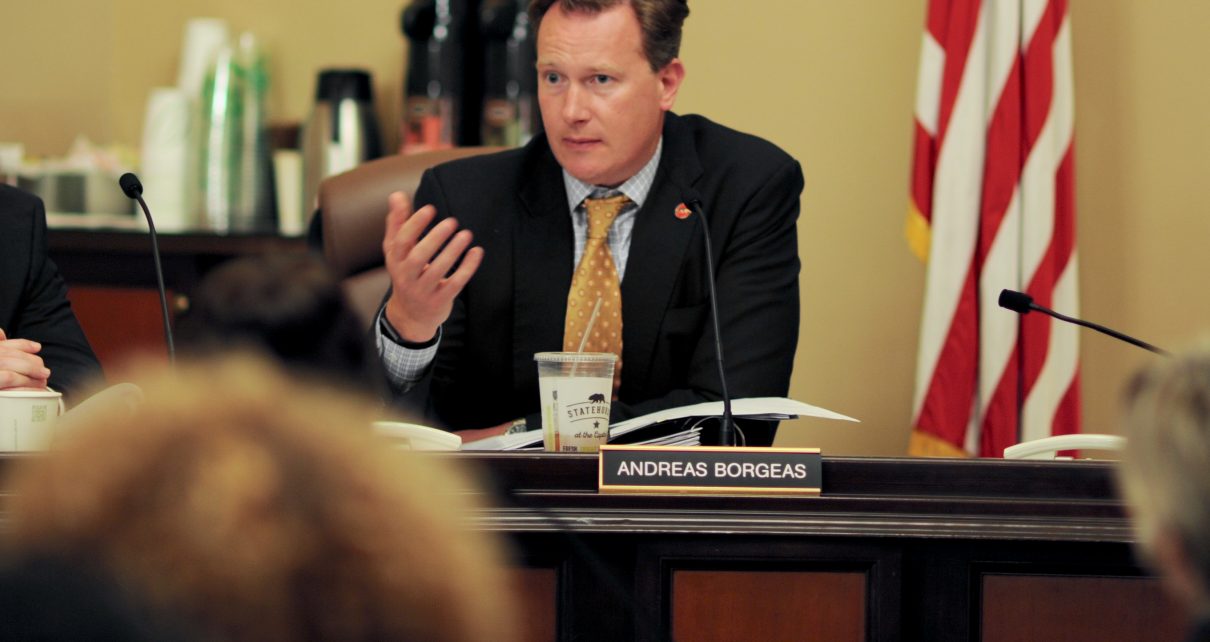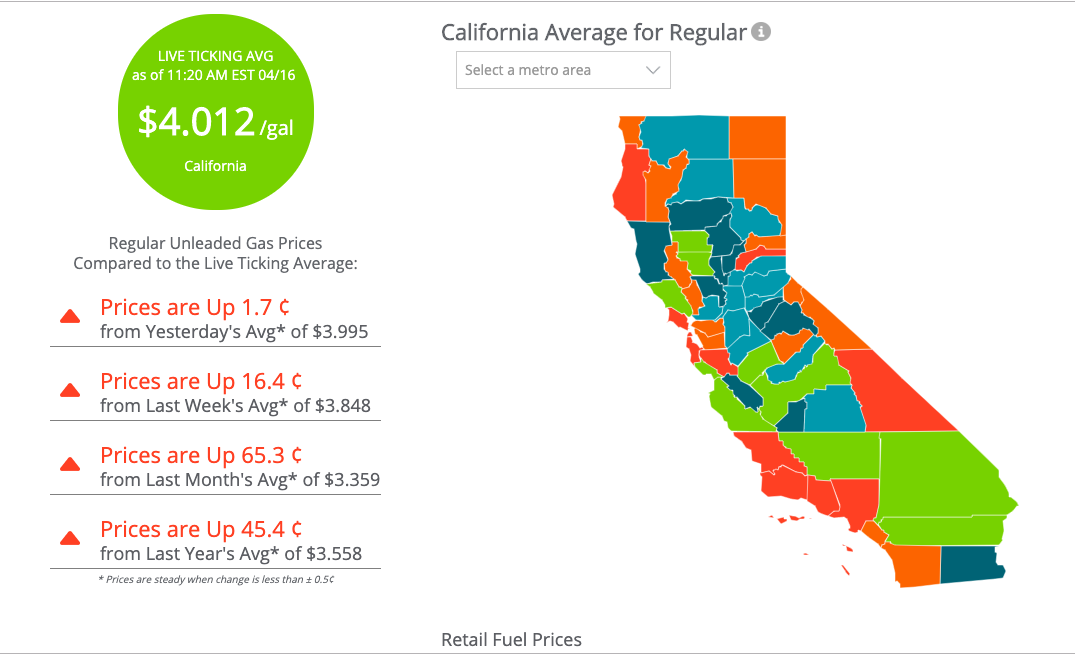
Senator Andreas Borgeas. (Photo: Kevin Sanders for California Globe)
SB 430 Provides Small Biz Waivers for Regulatory Violations
The state can require the small business to take corrective action or attend training
By Chris Micheli, February 13, 2021 11:45 am
On February 12, Senator Andreas Borgeas (R-Fresno) introduced Senate Bill 430 in order provide a reduction of waiver of civil penalties for small businesses. The bill would add Chapter 3.7 (commencing with Section 11367) to Part 1 of Division 3 of Title 2 of the Government Code.
Section One of the bill would provide that the new law is to be known as the California Small Business Regulatory Fairness Act. Section Two of the bill would create Chapter 3.7, which would have this title. It would define a small business as being independently owned and operated, not dominant in its field of operation, have fewer than 100 employees, and have average annual gross receipts of $15 million or less over the previous three years.
SB 430 would require a state agency (except California three tax agencies – FTB, CDTFA, and SBE) by January 1, 2023 to establish a policy to provide for the reduction or waiver of civil penalties for violations of regulatory or statutory requirements by a small business under specified circumstances. This section would be limited to civil penalties for which a state agency has discretion as to the amount, type, or imposition of the penalty.
The policy required to be created by state agencies under this law would be applied to a violation by a small business that meets the following criteria:
- The violation did not involve willful or criminal conduct.
- The violation did not pose a serious health, safety, or environmental threat.
In addition, the policy must include the factors that the state agency is required to determine if, and to what extent, the civil penalties must be reduced or waived. The factors include:
- The degree to which the small business cooperated during any investigation by the state agency.
- The degree to which the small business engaged in subsequent action to correct the violation, as appropriate.
- The prior history of the small business in meeting regulatory requirements of the agency.
- The degree to which the level of the penalty would impede the small business from continuing to conduct business.
- The degree to which the small “‘business’” actions were negligent.
The state agency can require the small business to take corrective action or attend training. The agency would also be required to post a current copy of the policy on the state agency’s internet website within 30 days of adoption or amendment of the policy. The agency must also post an annual utilization report on its website.
Finally, the state agency must notify the Office of Small Business Advocate within 15 working days of specified actions and include a link to the policy and utilization report required. SB 430 requires a legislative appropriation for the provisions to become effective.
The bill’s first policy committee hearing is expected to take place in late March.
- Attorneys-in-Fact in Probate - February 25, 2026
- Pacific Marine Fisheries Compact - February 24, 2026
- Relations of LLC Members and Managers - February 24, 2026




